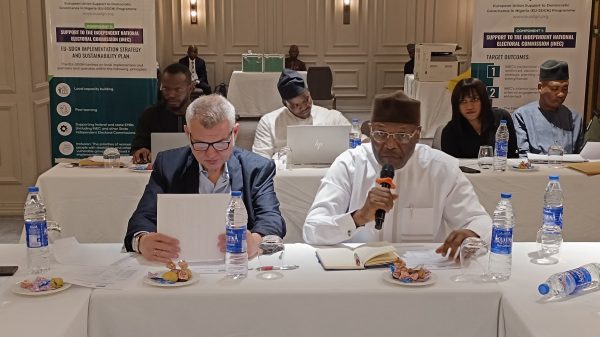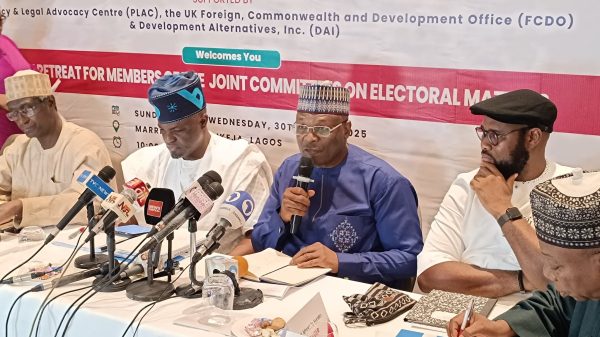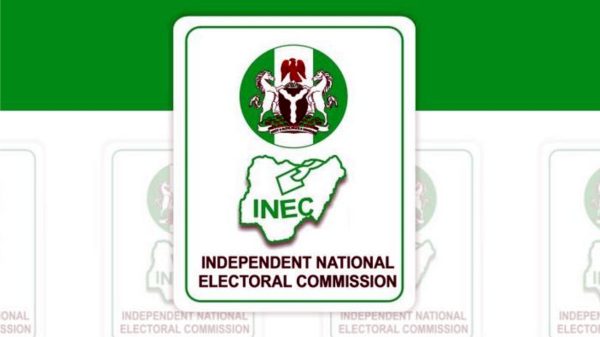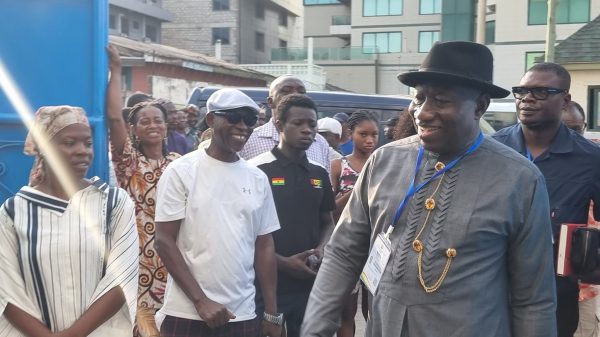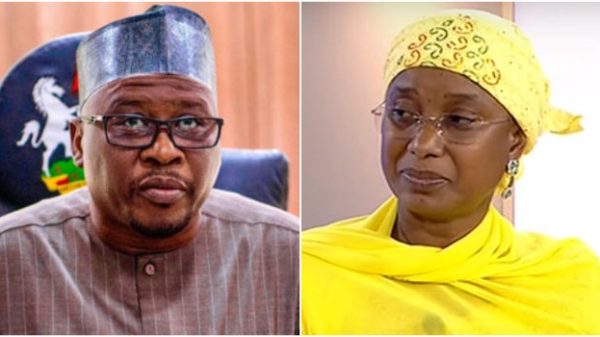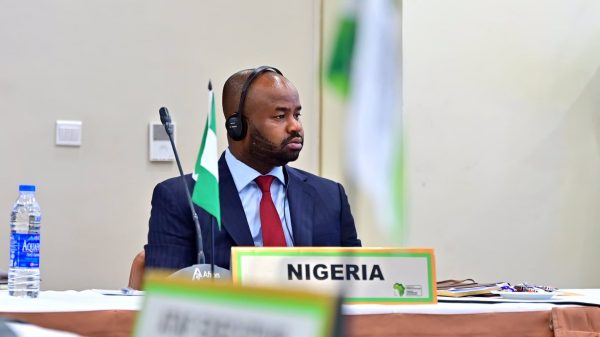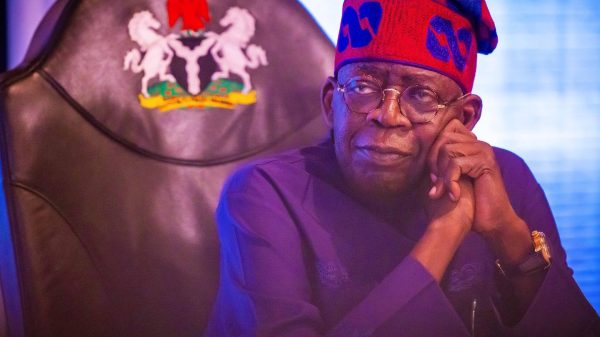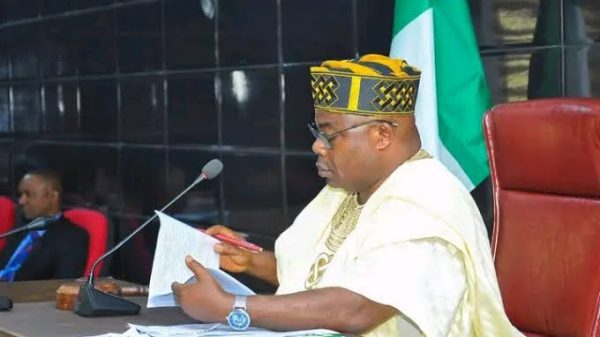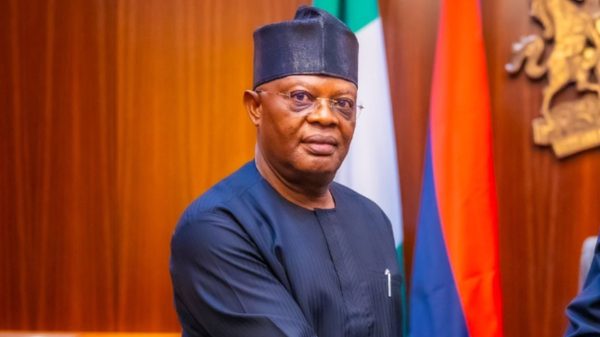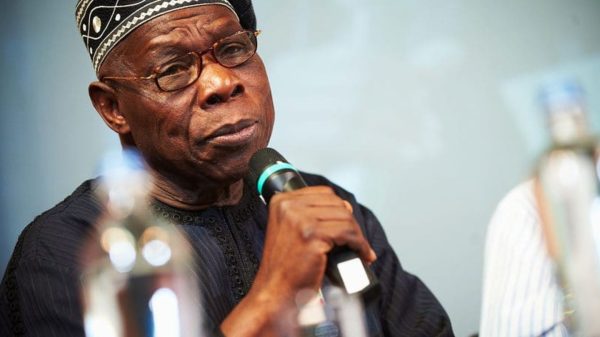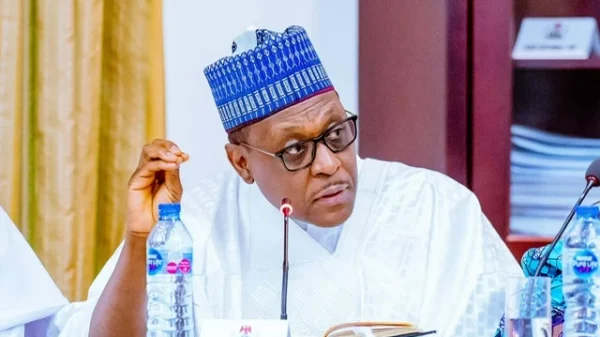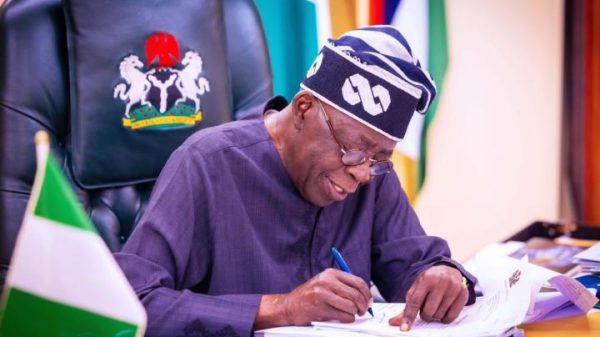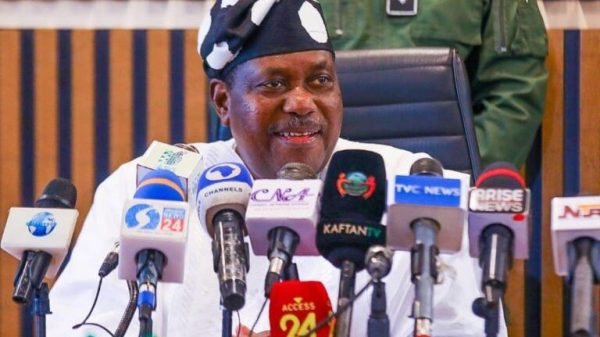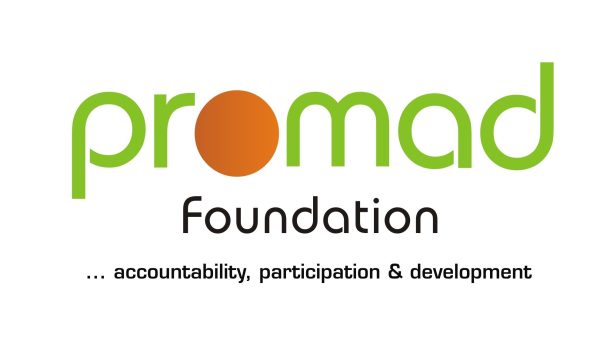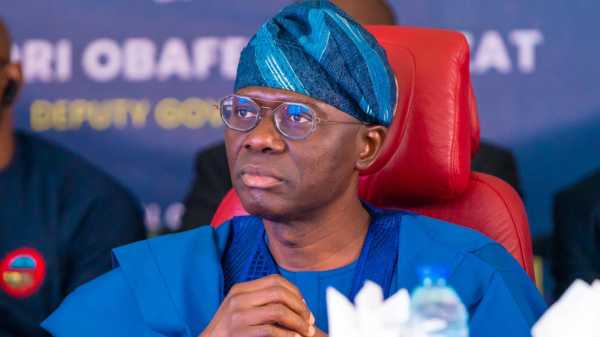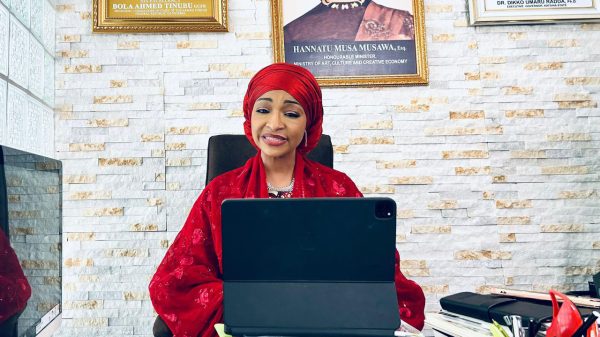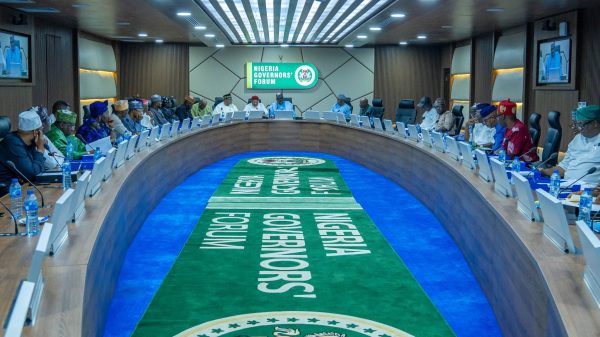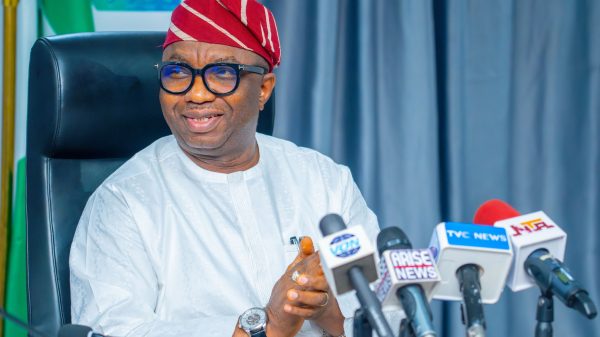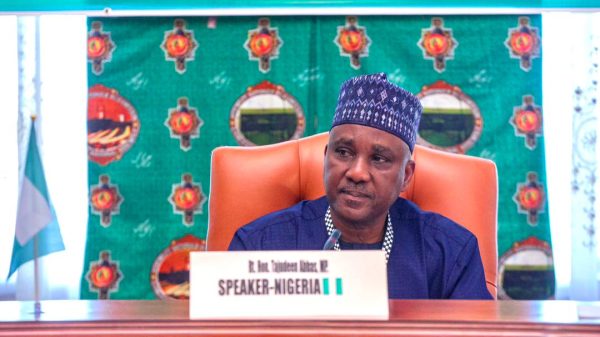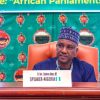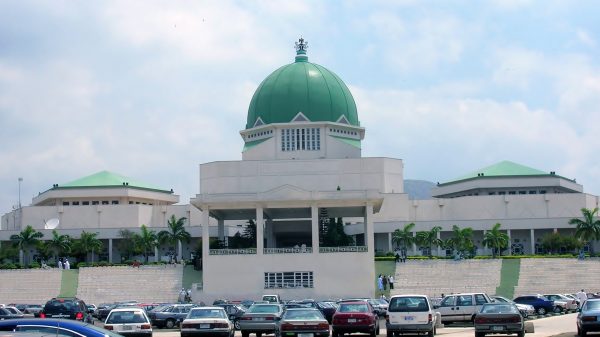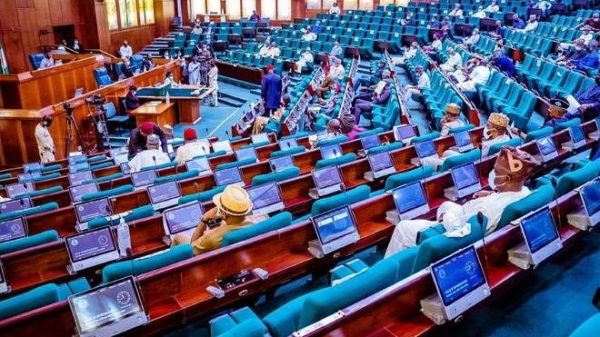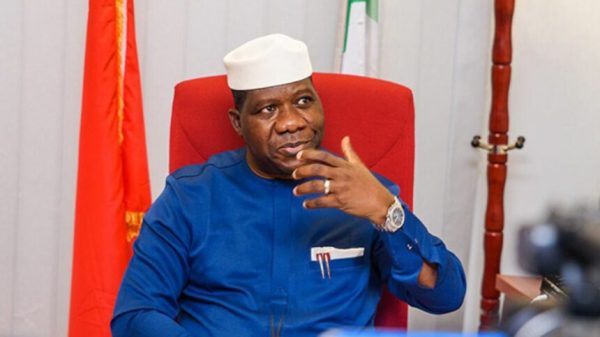TECHNOCRAT MEDIA, Abuja
As the December 19 deadline for presidential assent draws near, the Independent National Electoral Commission (INEC) has told President Muhammadu Buhari that it is “generally” satisfied with the electoral act as amended by the national assembly.
According to TheCable, Presidency sources on Sunday evening claimed that INEC told the president the bill has provisions that will make the electoral process stronger and more credible.
“The commission specifically mentioned the electronic transmission of results and the early nomination of candidates for elections,” a presidential aide informed TheCable.
“INEC also told the president it is good that the commission will now have the power to review election results announced by its officials under duress.”
TheCable reported that INEC further told the president it is desirable to conclude the legislative process ahead of the governorship elections in Ekiti and Osun holding in February and March 2022 respectively.
President Buhari on November 29 through a memo by Ibrahim Gambari, his chief of staff, mandated INEC and other critical stakeholders on electoral issues to submit their “detailed and considered view” on the amendment by December 3.
This is usually the last stage of consultations before the president signs a bill into law.
Among the top provisions of the amended act are the electronic transmission of results and the adoption of the direct primary by political parties.
The implication of a direct primary is that ordinary party members are now empowered to vote to pick candidates for elections.
This has become controversial, with many governors favouring the indirect system in which delegates elect the candidates but the majority of Nigerians preferred the direct primary.
Others have canvassed that each party should be allowed to choose the system it prefers.
The national assembly had transmitted the passed bill on November 19 to the president and has according to the law until December 19 to sign or withhold his assent.
If Buhari withholds his assent, the national assembly can pass it into law after December 19 by two-thirds majority votes, the law provides.
In that case, presidential assent will be rendered useless.
President Buhari in 2019 before his second term election failed to sign the amendments by the national assembly citing clerical errors, but his veto was not overridden by the national assembly.
The case might be different this time around as more stakeholders and Nigerians are interested in the amended act.






